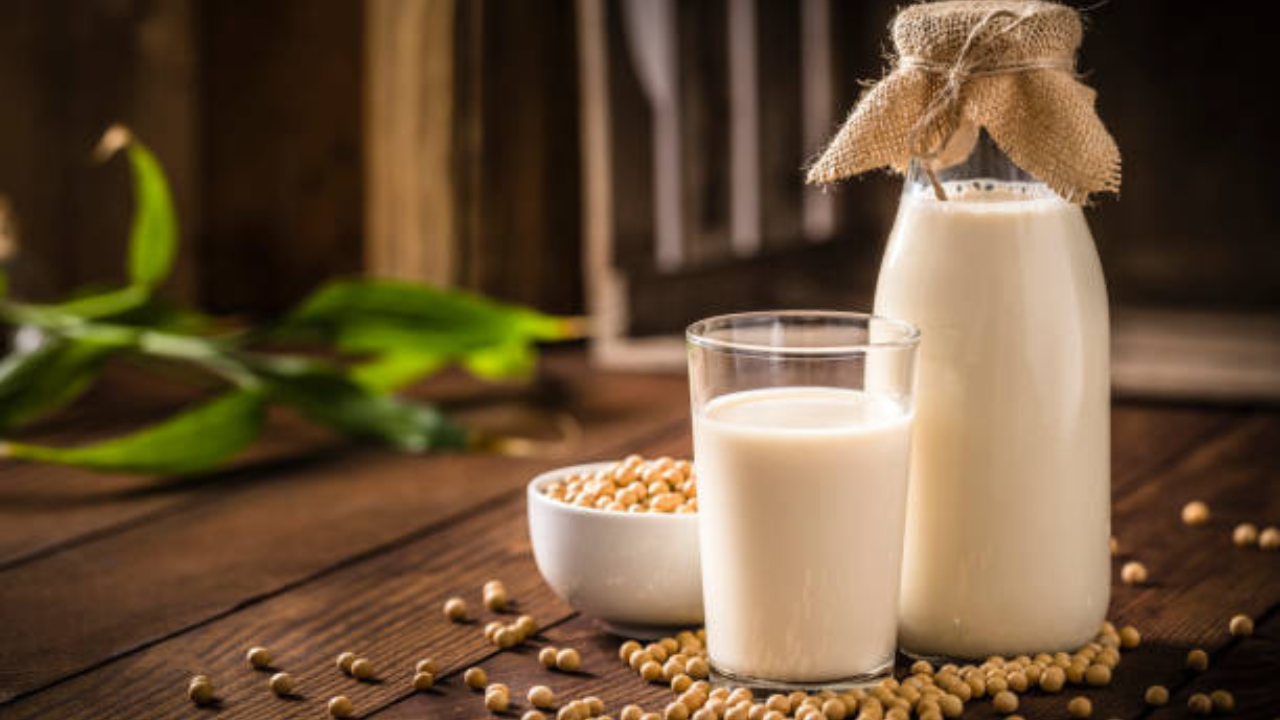Milk has been a cornerstone of nutrition for millennia, cherished across cultures for its rich content of vitamins, minerals, and other nutrients vital for human health. This natural elixir, often dubbed as “nature’s wellness drink,” offers a plethora of benefits, from bolstering bone health to nourishing the skin. This article delves into the multifarious advantages of milk, exploring how its consumption can contribute to a balanced diet and overall well-being.
Nutritional Profile: A Closer Look
At the heart of milk’s benefits is its impressive nutritional profile. A single glass of milk is a powerhouse of essential nutrients, including calcium, vitamin D, phosphorous, potassium, vitamin B12, and high-quality protein. These components play crucial roles in various bodily functions, making milk an indispensable part of a healthy diet.
1. Bone Health: The Calcium Powerhouse
One of the most celebrated benefits of milk is its role in promoting bone health. Calcium, abundantly found in milk, is the key building block of bones and teeth. The body also requires vitamin D to absorb calcium effectively, and many milk varieties are fortified with vitamin D precisely for this purpose. Regular consumption of milk during childhood and adolescence, when bone mass is being built, can help achieve optimal peak bone mass, reducing the risk of osteoporosis and fractures in later life.
2. Muscle Maintenance and Repair: The Protein Component
Milk is an excellent source of high-quality protein, which is crucial for muscle repair and maintenance. Proteins are made up of amino acids, some of which are termed “essential” because the body cannot produce them. Milk contains all nine essential amino acids, making it a “complete protein” source. This is particularly beneficial after exercise, as the protein in milk aids in the repair and rebuilding of muscle tissue.
3. Heart Health: Potassium for Blood Pressure Regulation
Potassium, another vital nutrient found in milk, plays a significant role in heart health. It helps to regulate blood pressure by counteracting the effects of sodium in the diet. Studies suggest that a diet rich in potassium can help to maintain a healthy blood pressure level, thereby reducing the risk of stroke and heart disease.
4. Hydration: The Overlooked Benefit
Milk, being a liquid, also contributes to hydration. While water is the best way to stay hydrated, milk can provide a beneficial alternative, offering not only water but also electrolytes and nutrients lost during physical activity. This makes it an excellent post-exercise recovery drink, replenishing fluids while providing essential nutrients for muscle recovery.
5. Skin Health: Vitamins A and D
The vitamins A and D found in milk can also contribute to skin health. Vitamin A aids in skin cell turnover, helping to keep the skin soft and smooth. Vitamin D, meanwhile, plays a role in skin cell growth, repair, and metabolism, potentially helping to protect the skin against aging and damage from the sun.
Lactose Intolerance and Alternatives
While the benefits of milk are vast, it’s important to acknowledge that not everyone can enjoy milk due to lactose intolerance. For those unable to digest lactose, the sugar found in milk, alternatives like lactose-free milk or plant-based milks (such as almond, soy, or oat milk) can provide similar nutritional benefits when fortified.
The Bigger Picture: Milk in a Balanced Diet
Incorporating milk into a balanced diet can contribute significantly to overall health and well-being. Whether enjoyed as a refreshing glass, blended into smoothies, or used in cooking and baking, milk offers a versatile way to nourish the body. For individuals looking to optimize their nutrient intake, milk can be a key component of a diet that supports physical health, from strong bones and muscles to a well-functioning heart and hydrated skin.
Conclusion
Milk’s longstanding reputation as a fundamental component of a healthy diet is well-deserved. With its rich array of nutrients, milk supports various aspects of health, from bone and muscle maintenance to heart health and beyond. While it’s true that not everyone can consume milk due to dietary restrictions or intolerances, the availability of alternatives ensures that the benefits of milk can be enjoyed widely. As part of a balanced diet, milk can continue to play a crucial role in supporting a healthy, nutritious lifestyle for people of all ages.

Leave a Reply